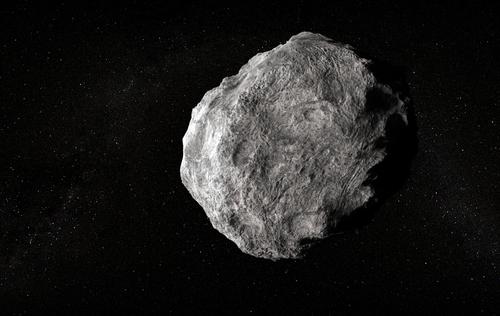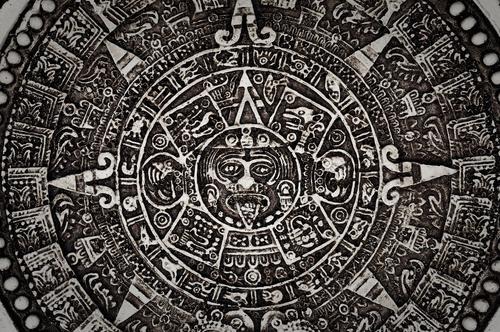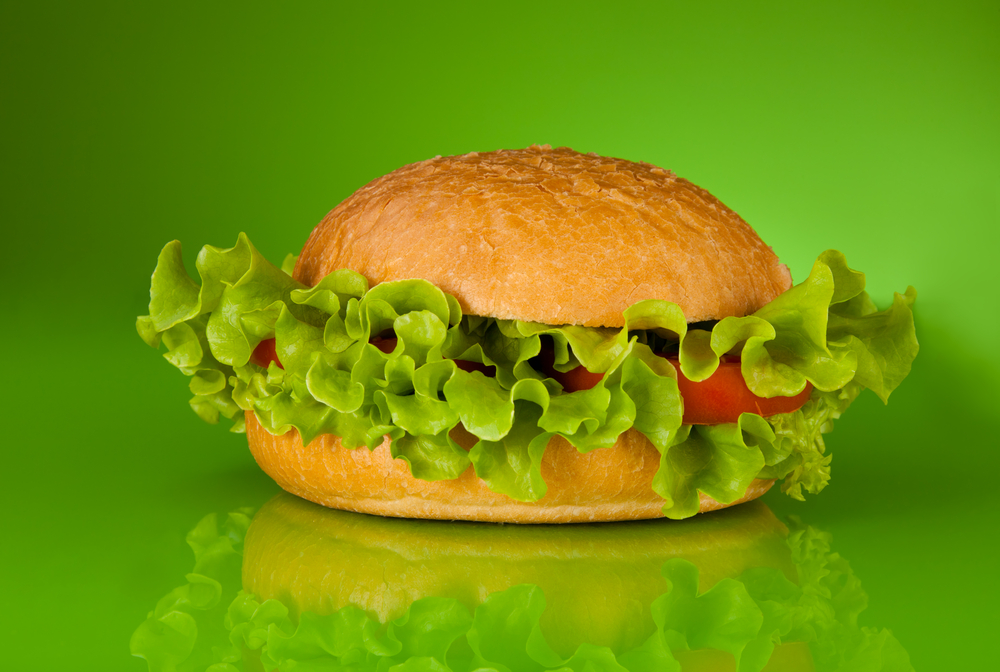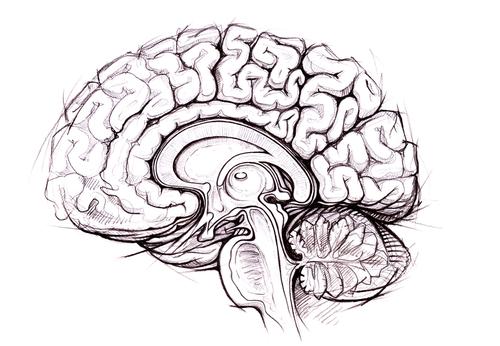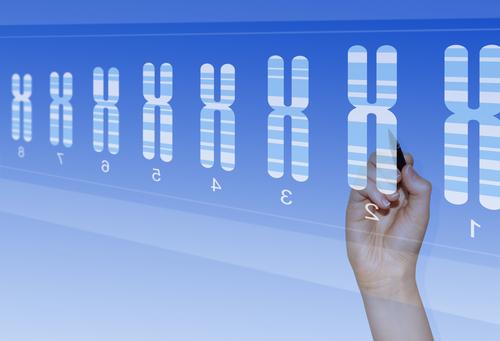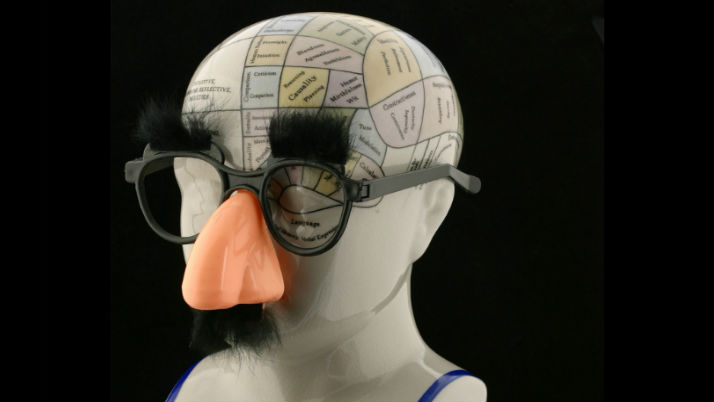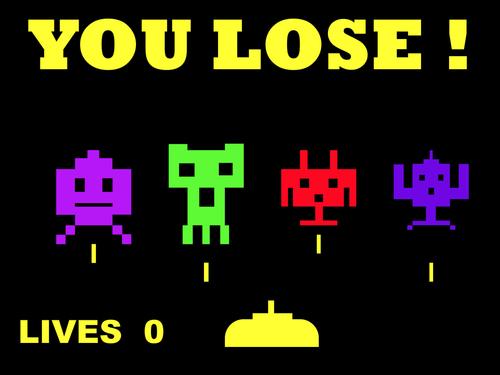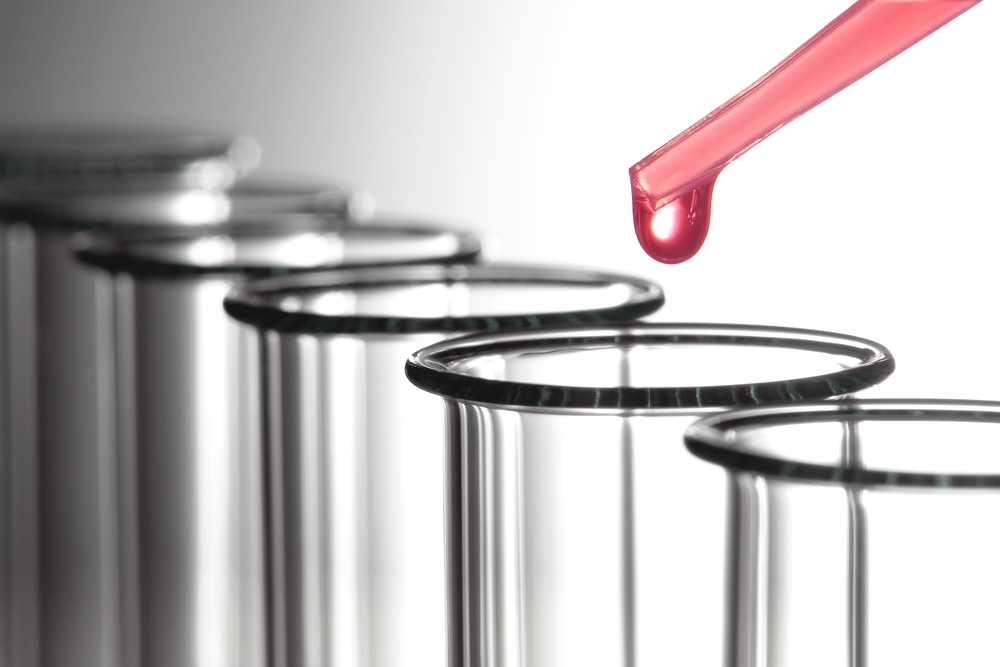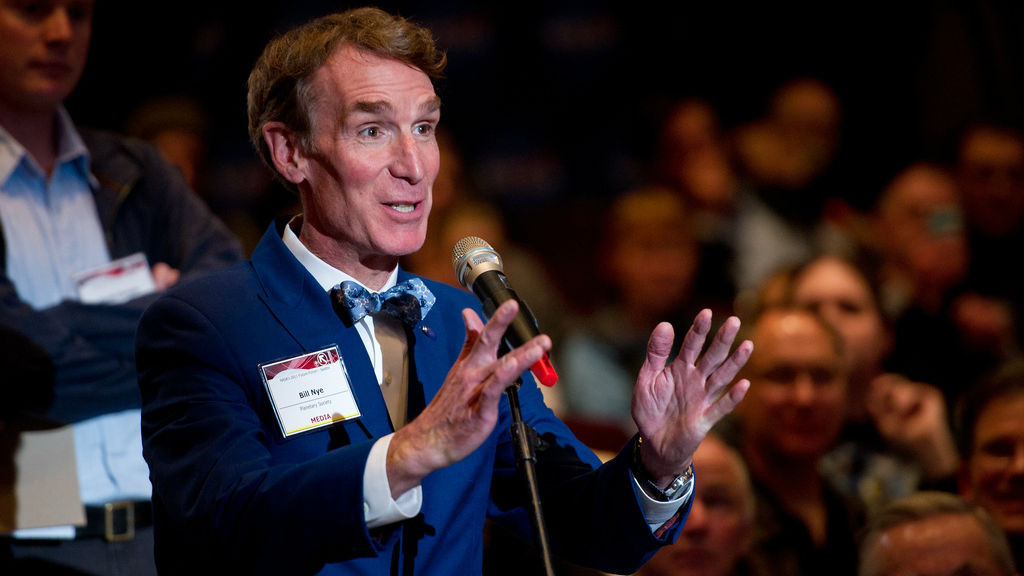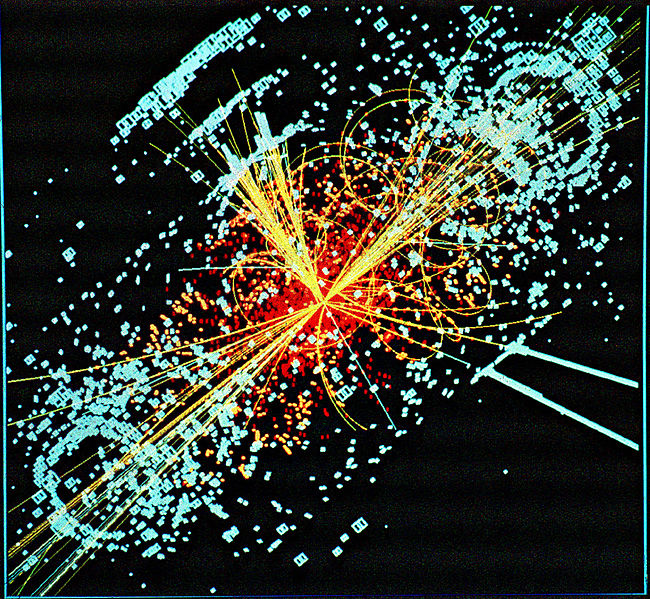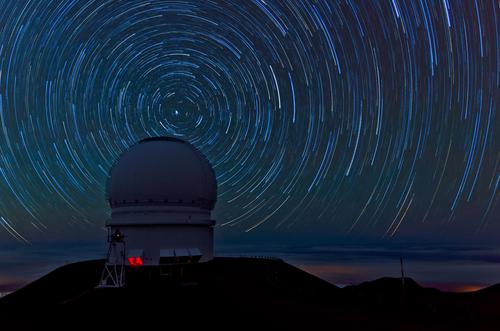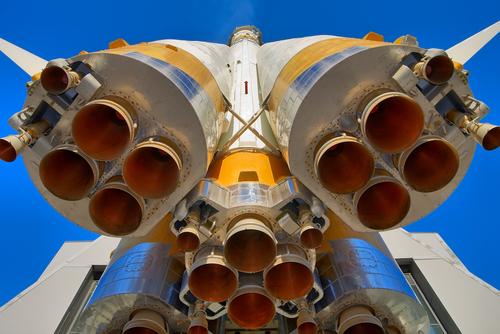Surprising Science
All Stories
One of the major barriers to hydrogen fuel production has been its production cost. Now, scientists want to use nanotechnology to split water atoms and power a generation of cars.
What is the Big Idea? Zambia-born Kunj Desai is a doctor in Newark, NJ where his salary is nearly ten times that of what he gets paid back home. He […]
The Future Attribute Screening Technology project (FAST) was not dreamed up by Philip K. Dick, but it could have been. Lead by the U.S. Department of Homeland Security, the initiative aims […]
Animation from astrophysicists at the University of Colorado at Boulder demonstrates what travelling through a rift in space-time would look like as you free fall into a black hole.
Scientists at the Los Alamos National Laboratory have simulated exploding a one-megaton nuclear bomb against an asteroid 500 meters in diameter. The results are encouraging.
Scientists at NASA’s Jet Propulsion Laboratory take on claims about the Mayan calendar and the end of the world, explaining away all the scenarios for a post-2012 apocalypse.
Editor’s Note: This is a guest post from Dr. Francine Shapiro, a senior research fellow at the Mental Research Institute in Palo Alto, California, director of the EMDR Institute, and founder of […]
What is the Big Idea? Attention foie gras lovers: your favorite French delicacy will now be made in China. The world’s largest goose farm and foie gras factory will open […]
What is the Big Idea? Eating meat or fish can make a crab out of you, according to a study published by Nutrition Journal. Omnivorous diets are high in arachidonic […]
Given that the brain’s synaptic components last but a short time, it has been a mystery to scientists how the brain stores memories, which can last nearly an entire lifetime.
When people recall how virtuously they have acted in the past, they are more likely to permit themselves self-destructive or anti-social behavior, says new research on the dark side of goodness.
According to the University of Southern California, fMRI brain scans show that both sides of the brain are involved in completing creative tasks. One more brain myth bites the dust.
A new meta-analysis of research performed in the 60s and 70s shows LSD treated alcoholism significantly better than placebos. Scientists are taking another look at how psychedelics treat disease.
Researchers at Johns Hopkins School of Medicine have found that an HIV vaccine could work in conjunction with antiretroviral therapies, prepping the immune system to eliminate HIV-1 viruses.
Technological advances on several fronts are quickly bringing down the cost of sequencing a person’s genes. One day, personal genome tests might become as essential as blood tests.
What is the Big Idea? While the folks in Congress duke it out over birth control, International Women’s Day served as a good reason to create new dialogue on other […]
Modern communication technology could be harnessed to give the very best teachers to every classroom. Though teleconferencing, we could become a nation of life-long learners.
What’s the Big Idea? There’s a revolution going on in neuroscience, says science writer Kayt Sukel, and it’s happening on two fronts. One way the science is changing: researchers are […]
Scientists have a lot of influence over how we live our lives. This is mostly a good thing – and will help us weed out the snake oil from the spinach – but only a terribly naive optimist could think the “Mozart Effect” won’t strike again.
A technology company is working to bring virtual machines to your smartphone. In other words, your phone will simulate the software your company runs, so you can work from anywhere.
When Tim Cook introduced Apple’s new iPad, spoke of the post-PC revolution. What does that world look like? Will we recognize it when it arrives? Should you stop buying computers?
Artificial intelligence engineered by computer scientists at Imperial College London can create entirely new video games practically from scratch. The achievement is a milestone in AI technology.
New computer software which analyzes eye movement can identify whether someone is lying or not with 82.5 percent accuracy, say clinical researchers at the University of Buffalo.
Why don’t more leaders in the U.S. have science backgrounds?
Lighten up, says Bill Nye aka The Science Guy. The idea is to get people to embrace science, not force it.
Data collected at the Fermi National Accelerator Laboratory in Batavia, Illinois, show a ‘bump’ consistent with data from other labs which might be the long-sought Higgs boson.
Located 10.5 billion light years from Earth, the universe’s oldest cluster of galaxies has been discovered by scientists using a powerful new near-infrared camera called FourStar.
Using a unique telescope at New Mexico’s Apache Point Observatory, astronomers are taking detailed digital photos, half a trillion pixels each, to make a 3D map of our amazing Universe.
The private space company SpaceX has successfully launched a rocket that will soon carry supplies to the International Space Station. Its ultimate goal is a manned mission to Mars.
During its famous Jeopardy! match, IBM’s natural language computer named Watson was given the clue, “What grasshoppers eat.” When this computing marvel answered, “Kosher,” it looked dumb.




